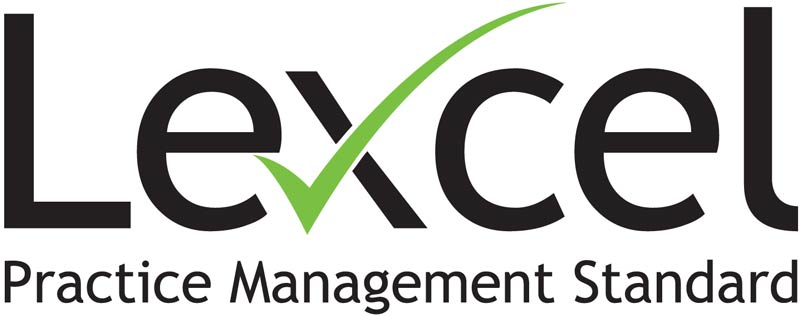The Economic Crime and Corporate Transparency Act 2023 (ECCTA) received Royal Assent on 26 October 2023, marking another significant milestone in the UK’s legislative landscape. The new legislation makes various changes to the Companies Act 2006, and aims to strengthen the UK’s defences against economic crime and enhance transparency in corporate governance. In this blog post, Ben Ironmonger, Company and Commercial Solicitor and Partner at Scott Bailey LLP, introduces some of the key implications of the ECCTA and its impact on businesses.
Companies House Reforms
A large element of the ECCTA is the reform of Companies House. The ECCTA empowers the Registrar of Companies with enhanced investigative and enforcement powers. This move is intended to bolster the reliability and accuracy of the company register, serving as a deterrent to illicit activities.
However, the successful implementation of these reforms hinges on adequate resourcing – which should be improved moving also too. It would be advisable for companies to monitor developments closely and ensure compliance with the new regulatory requirements.
Identity Verification and Filing Obligations
The ECCTA introduces mandatory identity verification for registered company directors, people with significant control, and filing agents. This measure aims to enhance accountability and deter fraudulent activities. Additionally, the Act streamlines filing obligations for small and micro companies, eliminating the option for abridged accounts and requiring more comprehensive financial reporting.
Registered Offices
There will now be a requirement for a company’s registered office to be “appropriate”. This means that if a letter is sent to this address, then it would need to be seen by someone acting on behalf of the intended company recipient. If you currently use an address for your company which may not be adequate under the ECCTA, then our annual registered office and / or our company secretarial services may be worth considering as a cost effective measure.
Failure to Prevent Fraud Offence
The Act introduces a new offence, the Failure to Prevent Fraud, targeting organisations that benefit from fraudulent activities committed by their employees or agents. While this is a welcome addition to the legal arsenal against economic crime, its efficacy will depend on its practical implementation and enforcement.
It is important to implement proactive measures, such as robust anti-fraud policies and procedures, to mitigate the risk of liability under the new offence. That said, thankfully for some SME businesses who may not be keen on (or able to deal with) the burden of additional “red tape”, this element only covers large businesses. This may mean however, that the ECCTA will not be as effective for crime prevention as it might have been.
Register of Overseas Entities
The Act establishes a Register of Overseas Entities, aiming to enhance transparency around ownership structures. Overseas entities failing to comply with registration requirements face stringent restrictions, underlining the UK’s commitment to combating financial misconduct.
Clearly, organisations should ensure compliance with these new obligations to avoid potential legal repercussions.
Conclusion
The Economic Crime and Corporate Transparency Act 2023 heralds a new era of corporate governance and accountability in the UK, and for many this will be seen as well overdue. While the Act introduces commendable reforms, their successful implementation will require effort from businesses, regulatory bodies, and legal professionals. Yes, unfortunately this means more “red tape”, but in this instance, perhaps that is not such a bad thing. For a long time, the manner in which Companies House has managed data has been passive, leading to public records being somewhat unreliable. Perhaps this will change for the better moving forward.
The Company and Commercial team at Scott Bailey LLP remains committed to assisting businesses in navigating these regulatory changes, offering tailored legal advice and solutions to ensure compliance and mitigate risks. If you are in any doubt as to how these changes will impact on your business, our expert solicitors and lawyers are on hand to help. It’s never too early to review those all important policies and procedures!
For expert legal guidance on navigating the complexities of corporate governance, and your obligations as a company director or LLP member, and implications for your SME business, get in touch today, or visit our corporate and commercial law pages to learn more about the business legal services we offer.










